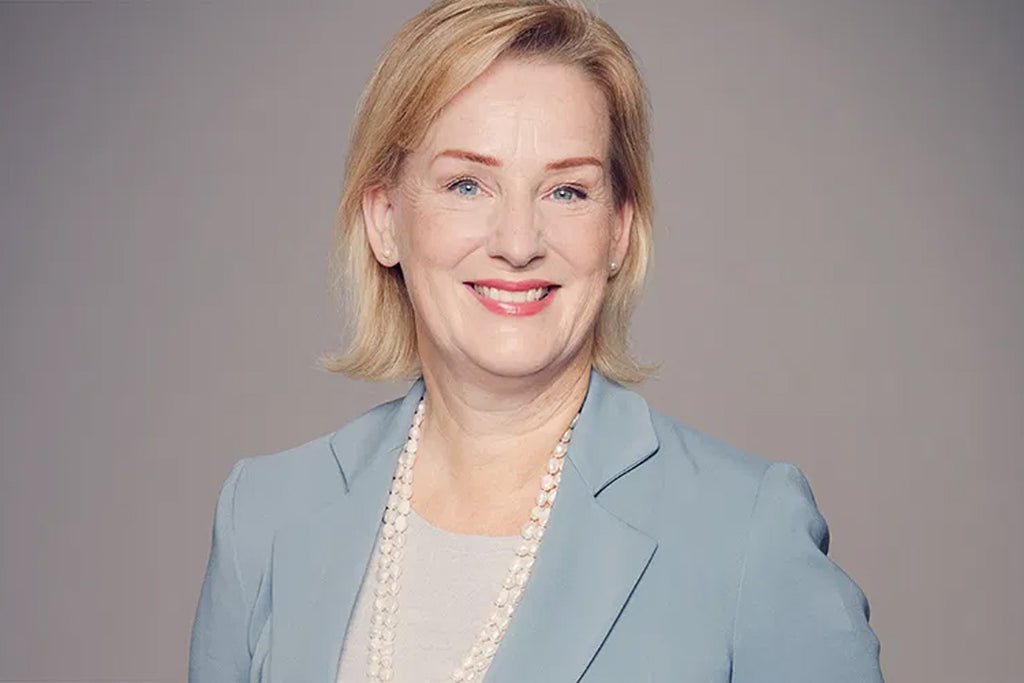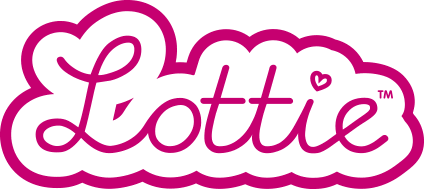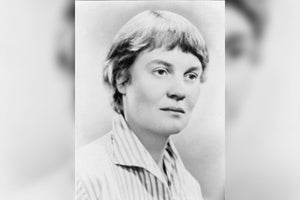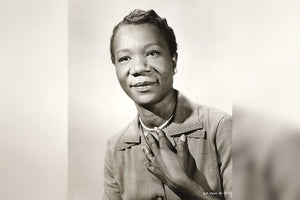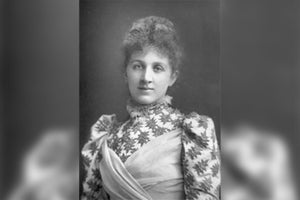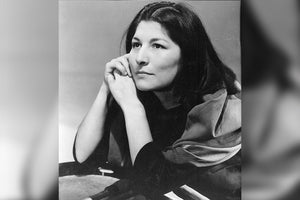Who is Charlotte Valeur?
Charlotte Valeur is a highly accomplished businesswoman. She has served on the board of directors for many companies throughout her impressive career, as well as founding her own organizations and providing leadership to smaller companies and up-and-coming executives. As an autistic person, Charlotte is focused on showing the world how neurodivergent people can bring a unique perspective and valuable set of skills into the workplace.
Five Facts about Charlotte Valeur
- Charlotte has served as director for eight different companies.
- She was the second woman selected as the chair of the Institute of Directors, a prestigious organization for business professionals and entrepreneurs.
- She can speak six languages.
- She has three children, two boys and a girl.
- Charlotte excels at memory games and discovering unique patterns in everyday life.
Inspirational Quotes from Charlotte Valeur
“We’re born this way. This is what we are. We can learn to be more like other people if we have to – in much the same way as saying that women have to be more like men to succeed. But wouldn’t it be nicer if we didn’t have to?”
“It’s about having different sets of eyes to see. Not seeing things broadly enough has huge implications for businesses around the world.”
“We are all equally valuable. There is value in all people.”
Early Life
Ever since she was a young child, Charlotte knew that she was different. Described as somewhat of a tomboy, Charlotte preferred climbing trees and spending quiet time by herself and with her siblings, rather than socializing with other kids. Being different made her vulnerable to bullying by her peers, and this made school difficult.
“Growing up in Copenhagen, she’d been marginalised at school (“I was a very quiet child”), and gained less than spectacular grades. “I came out of school believing that I was stupid,” she recalls, “because they didn’t know what to do with me.” – CA Magazine, 2021
Despite her challenges growing up, Charlotte had a photographic memory and a knack for seeing patterns. These skills would later help her excel in the corporate world, which she joined as an investment banker in the 1980s.
Professional Life
Companies often have a board of directors that make decisions on behalf of the organization and its shareholders. They are responsible for working together and setting goals (big and small!), hiring new employees, and overseeing “big picture” operations. Serving on the board of directors is one of the biggest jobs you can have, and Charlotte’s unique skills helped her achieve her goals as an executive.
With the difficulties of school behind her, Charlotte entered the professional world in 1982 and became an investment banker. She excelled in this role in both Copenhagen and London, becoming proficient in risk assessment and “a bit of a female trailblazer in capital markets.” In a field traditionally dominated by men, Charlotte was a “blunt-speaking one of the boys”, and she quickly climbed the corporate ladder –all the way to the top.
Here is an abbreviated list of her accomplishments and titles:
- 1982 - Became a banker in Denmark
- 1991 – Vice President at SG Warburg
- 1992 – Director at BNP Paribas
-
1998 – Director of Société Générale
- 2003 – Founder of Brook Street Partners
- 2009 – Director of 3i Infrastructure Fund
- 2009 – Founder of Global Governance Group
- 2014 – Chair at Kennedy Wilson European Real Estate and Blackstone Loan Financing
- 2017 – Governor and Director at University of Westminster
- 2018 – Chair of the Institute of Directors
Charlotte is so successful that she often sits on more than one board at a time. She coaches companies and rising executives to help them achieve their goals, especially when it comes to making the workplace a more diverse and inclusive place. She believes that our different perspectives and ways of thinking are what make us unique, and everyone has something valuable to bring to the board room.
Autism Diagnosis
Though she had always known she was different, it wasn’t until much later in life that Charlotte received an official diagnosis. A friend once asked if her she thought she had autism, and so she started by taking an online test to find out. Though it would take two more years for confirmation, all the signs pointed towards her being neurodivergent.
“I went through the full diagnostics,” she says. “And I scored high on everything. I’m not even marginally autistic. I’m full-on autistic.”
People whose brains work differently are often described as “neurodiverse”, which is a term that covers a range of conditions like ADHD, dyslexia, and autism. Neurodivergence is not a disease or a disorder, but people with these conditions may need extra support to help them navigate a world designed for those who think in a neurotypical way.
Charlotte believes that her autism has been an asset to her career from the very beginning. Her intense focus in subjects like economics and politics makes her an expert in the boardroom, and her unique perspective helps her to see risks and potential problems that others often miss.
Current Projects
Today, Charlotte hopes that by speaking publicly about her autism, she can help bring diversity to the boardroom – something she believes is essential for any organization. Charlotte believes that growth and success come from a variety of different opinions, ideas, and perspectives.
“Valeur is now in the process of launching an Institute of Neurodiversity – which she wants to be a voice for neurodiverse people in the world and “a place they can go to for support” – CA Magazine 2021.
Today, Charlotte uses her skills and experience to guide companies towards diversity and inclusion by working as a corporate governance consultant. She also recently published a book, Effective Directors: The Right Questions to Ask, a helpful reference guide for board members and executives.
2 years after that fateful day, she confirmed it professionally. Her siblings were shocked, but most of the people around her had been expecting such results. The autism spectrum has a much larger scope as it encompasses neurodevelopmental conditions, such as autism and Asperger syndrome. The ‘spectrum’ term refers to the variety of types and severity of symptoms.
Ever since she gained the highest position in many boardrooms, she is very vocal about neurodiversity. This means that there is diversity in a workplace in regards to biological, mental disorders. Now, Charlotte continues her advocacy by launching the ‘Institute of Neurodiversity’ soon.
![]() Fast Shipping
Fast Shipping![]() Subscribe to our Newsletter
Subscribe to our Newsletter![]() 🌟 New Global Competition 🌟
🌟 New Global Competition 🌟